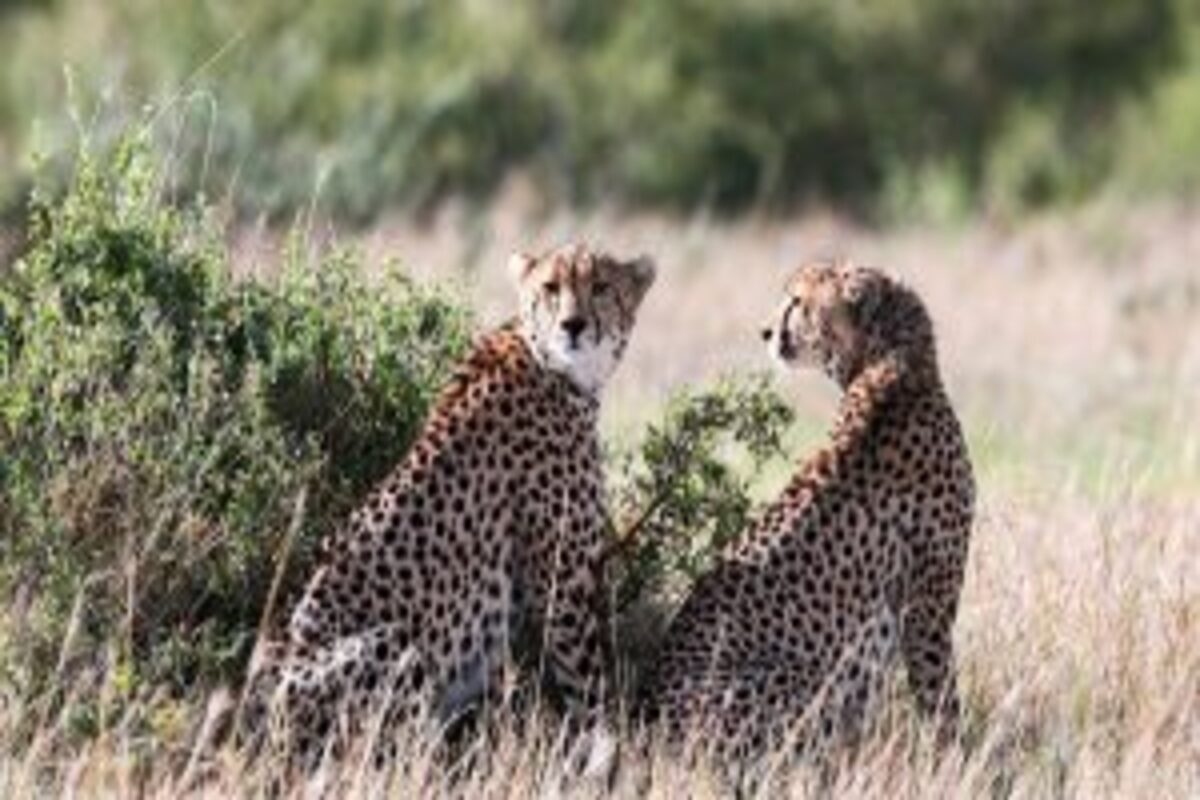India and South Africa have signed a Memorandum of Understanding on cooperation in the reintroduction of Cheetahs to this country.
In terms of the agreement, an initial batch of 12 cheetahs are to be flown from South Africa to India in February 2023. The cats will join 8 Cheetahs introduced to India from Namibia in 2022.
Restoring cheetah populations is considered to be a priority for India and will have vital and far-reaching conservation consequences, which would aim to achieve a number of ecological objectives, including re- establishing the function role of Cheetahs within their historical range in India and improving the enhancing the livelihood options and economies of the local communities.
Following the import of the 12 cheetahs in February, the plan is to translocate a further 12 annually for the next eight to 10 years, said the Ministry of Environment.
The initiative to reintroduce cheetah to a former range state following the local extinction of this iconic species due to overhunting and loss of habitat in the last century is being carried out following the request received from the government.
The MoU on the reintroduction of cheetahs to India facilitates cooperation between the countries to establish a viable and secure Cheetah population in India; promotes conservation and ensures that expertise is shared and exchanged, and capacity is built, to promote Cheetah conservation.
This includes human-wildlife conflict resolution, capture and translocation of wildlife and community participation in conservation in the two countries. In terms of the MoU, the countries will collaborate and exchange best practices in large carnivore conservation through the transfer of technology, training of professionals in management, policy, and science, and establishing a bilateral custodianship arrangement for cheetah translocated between the two countries.
The terms of the MoU will be reviewed every five years to ensure it remains relevant.











